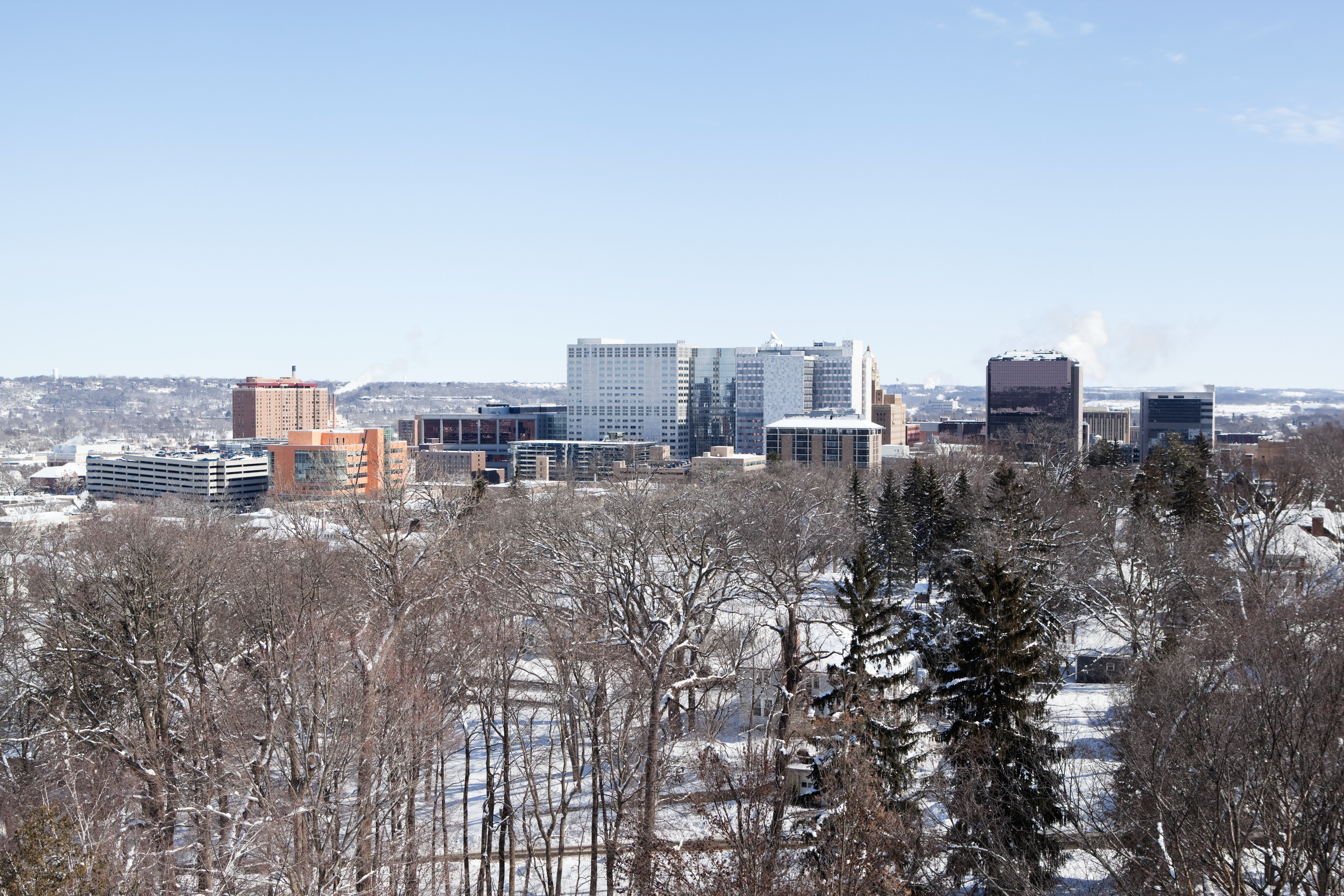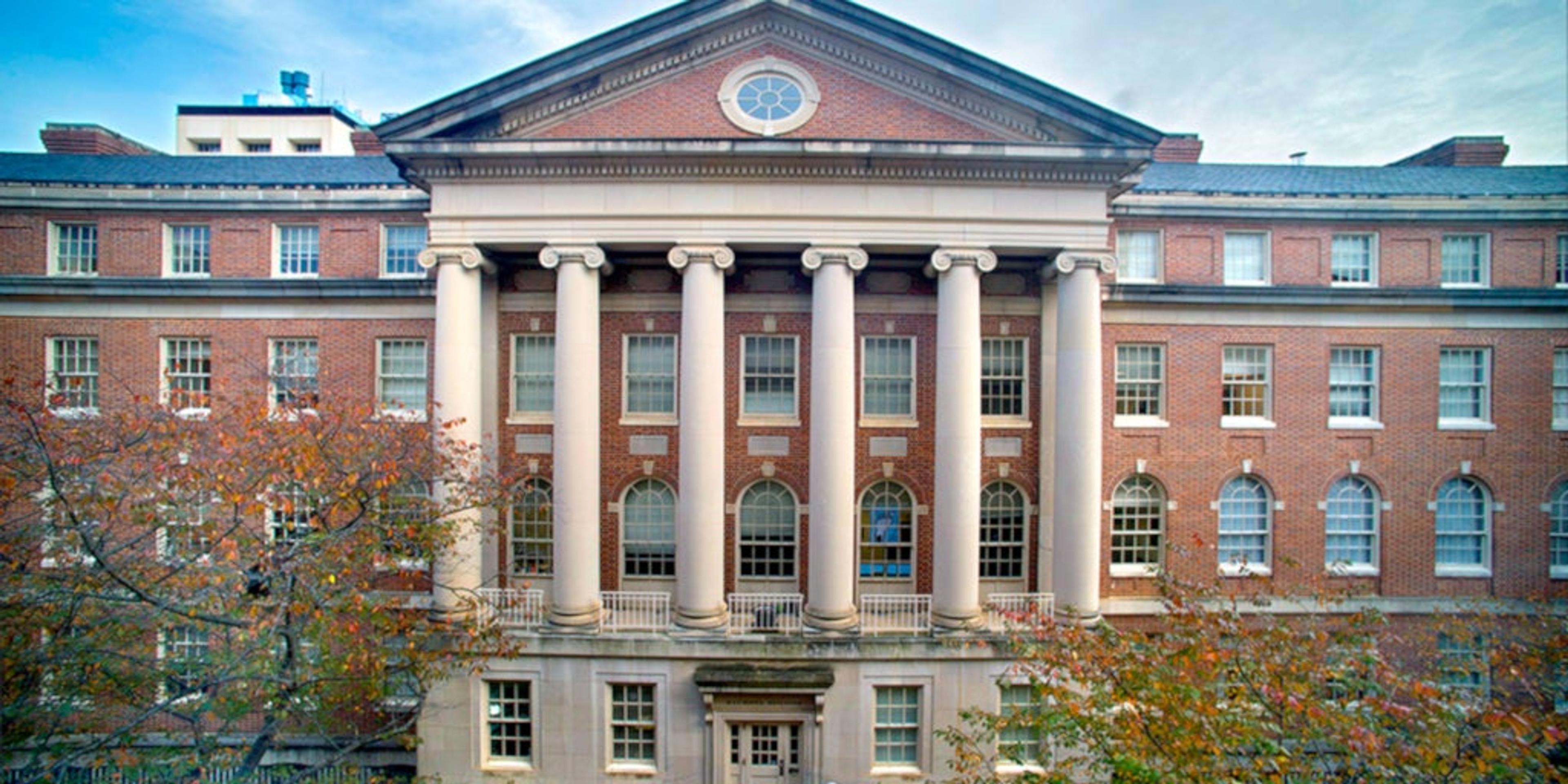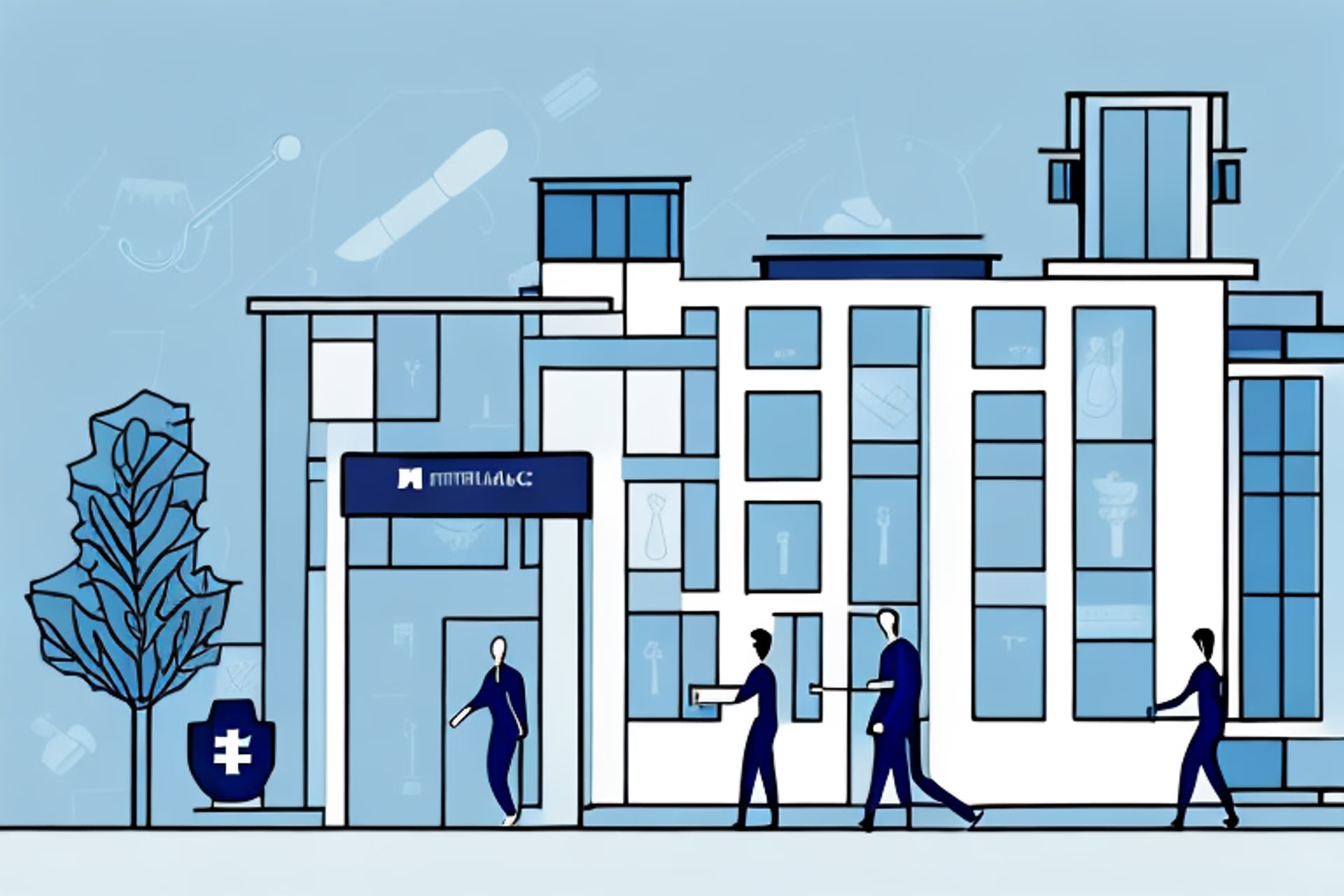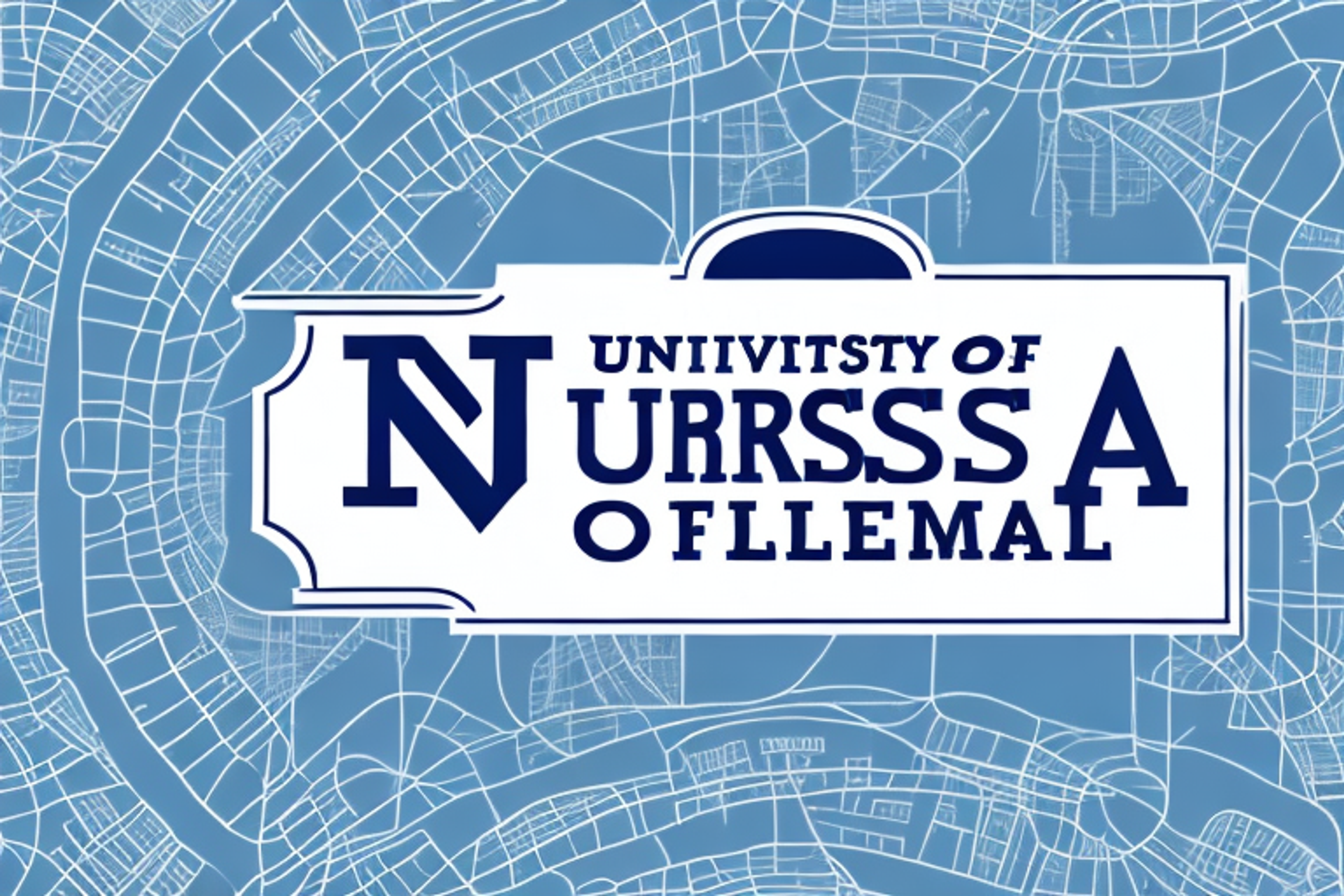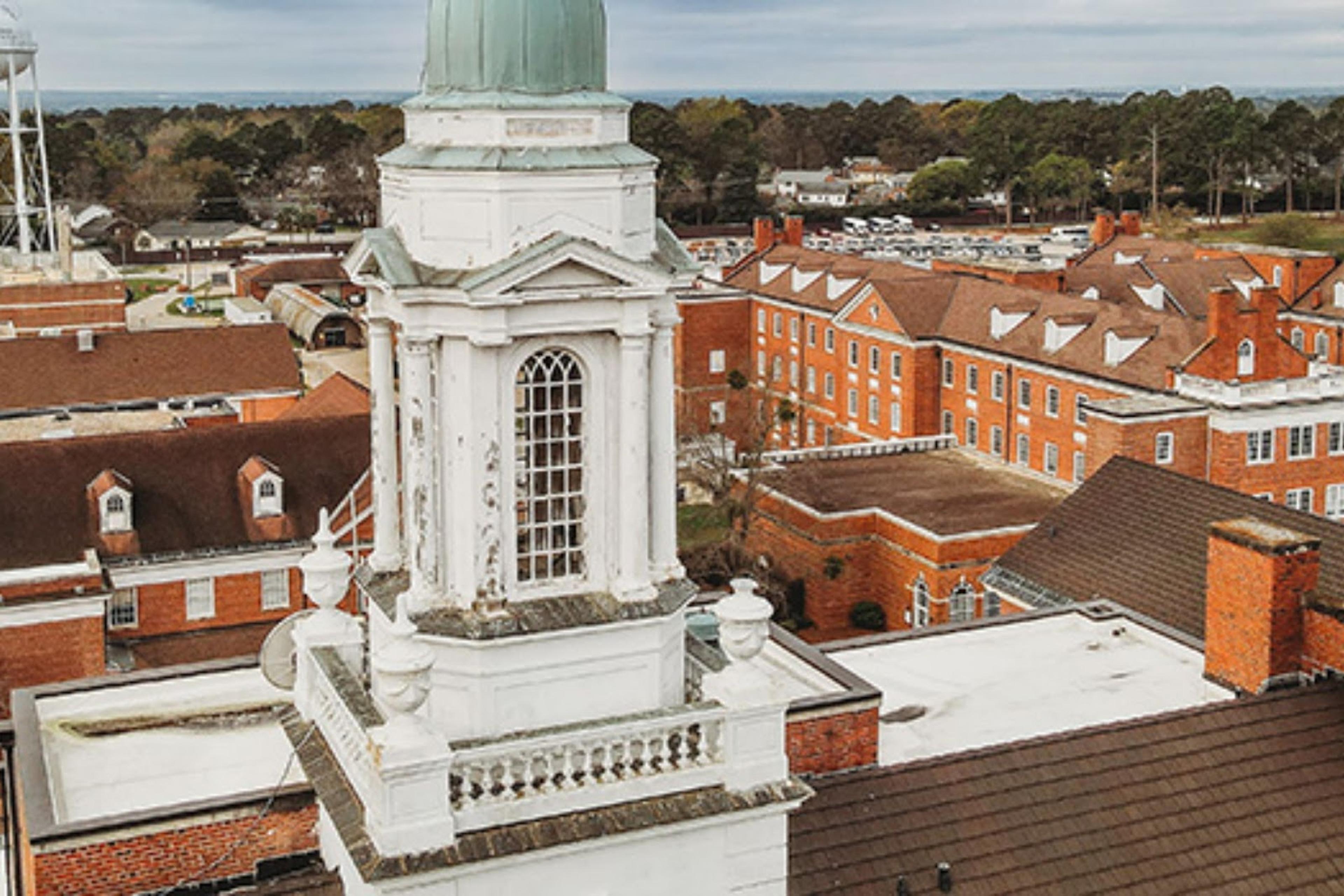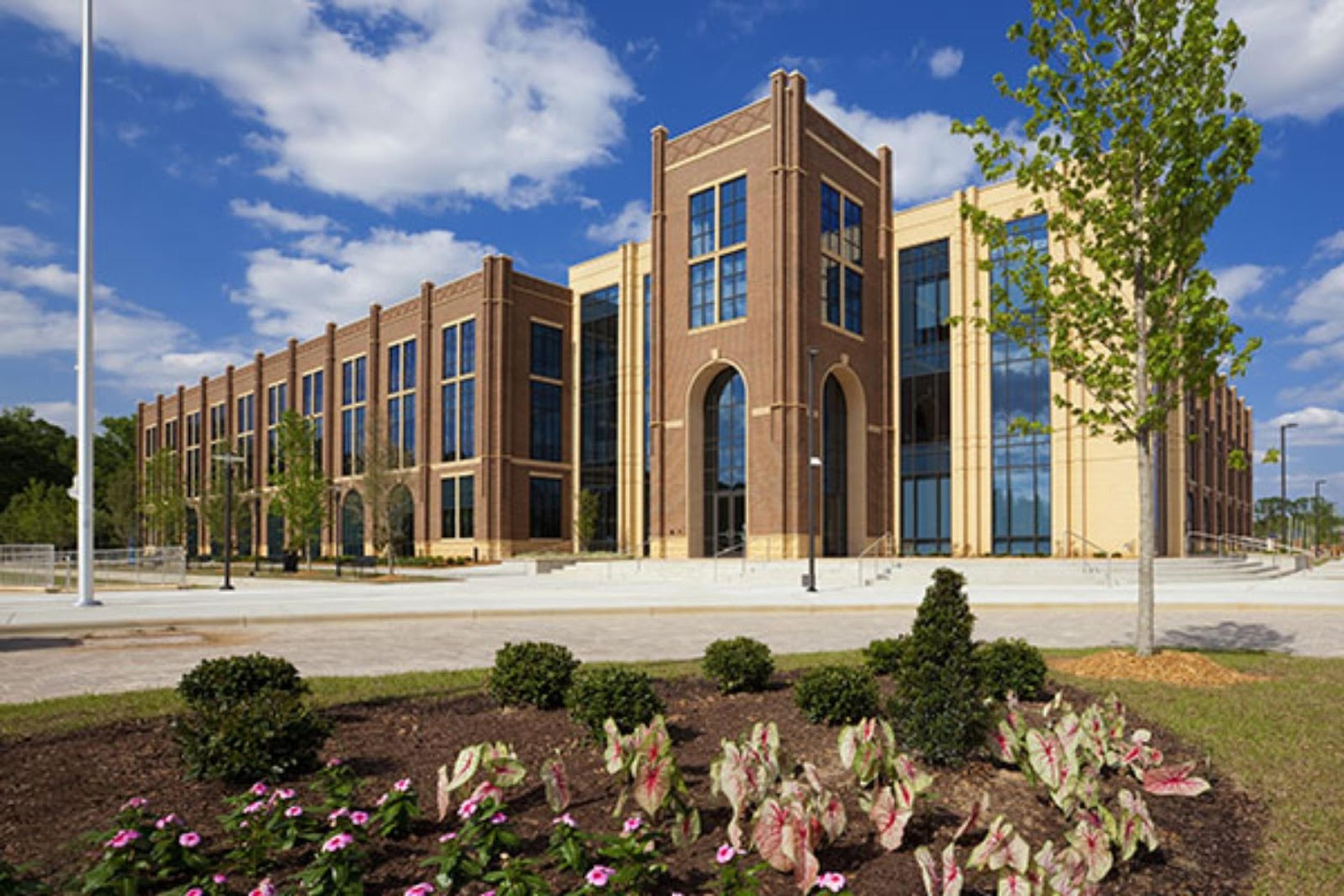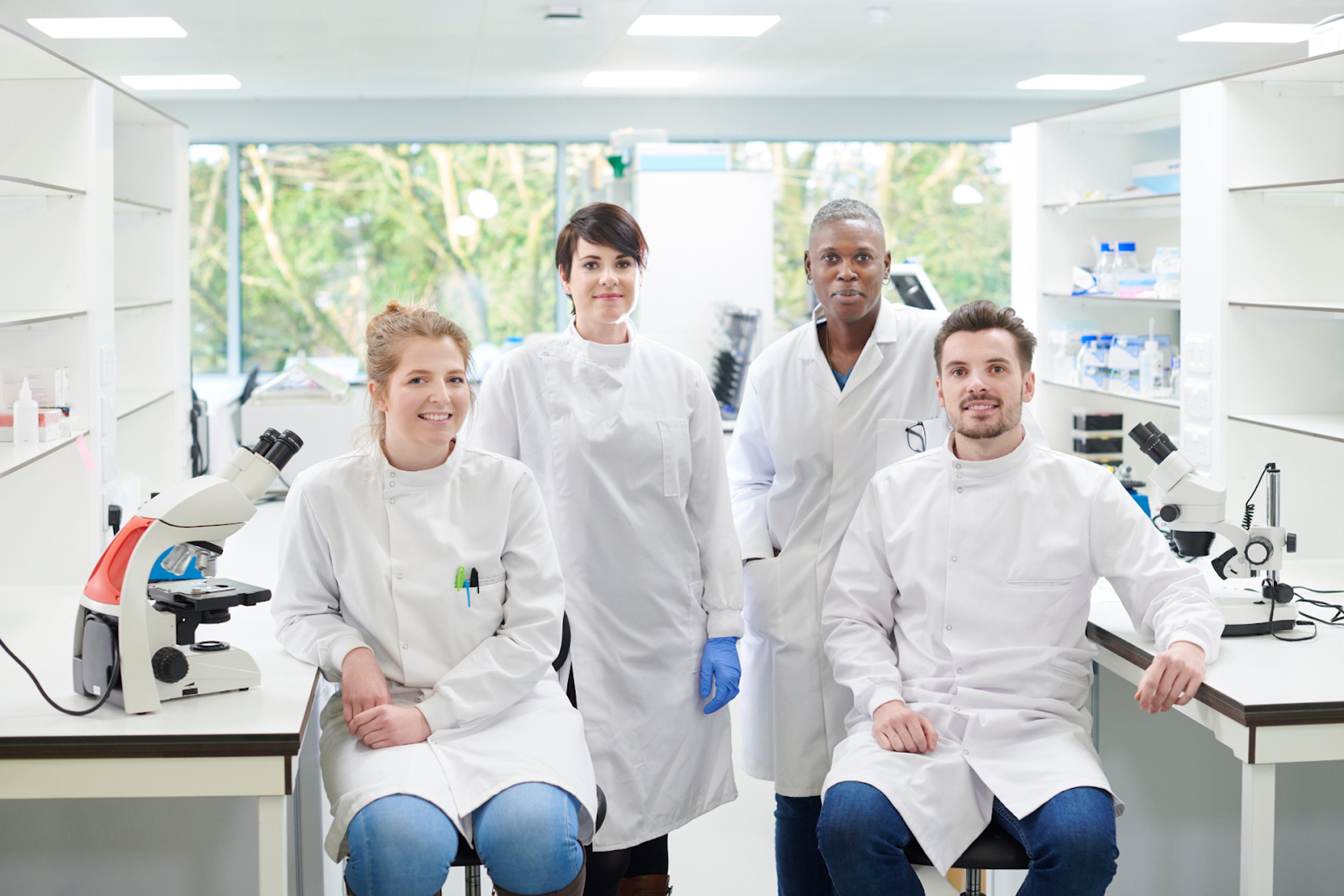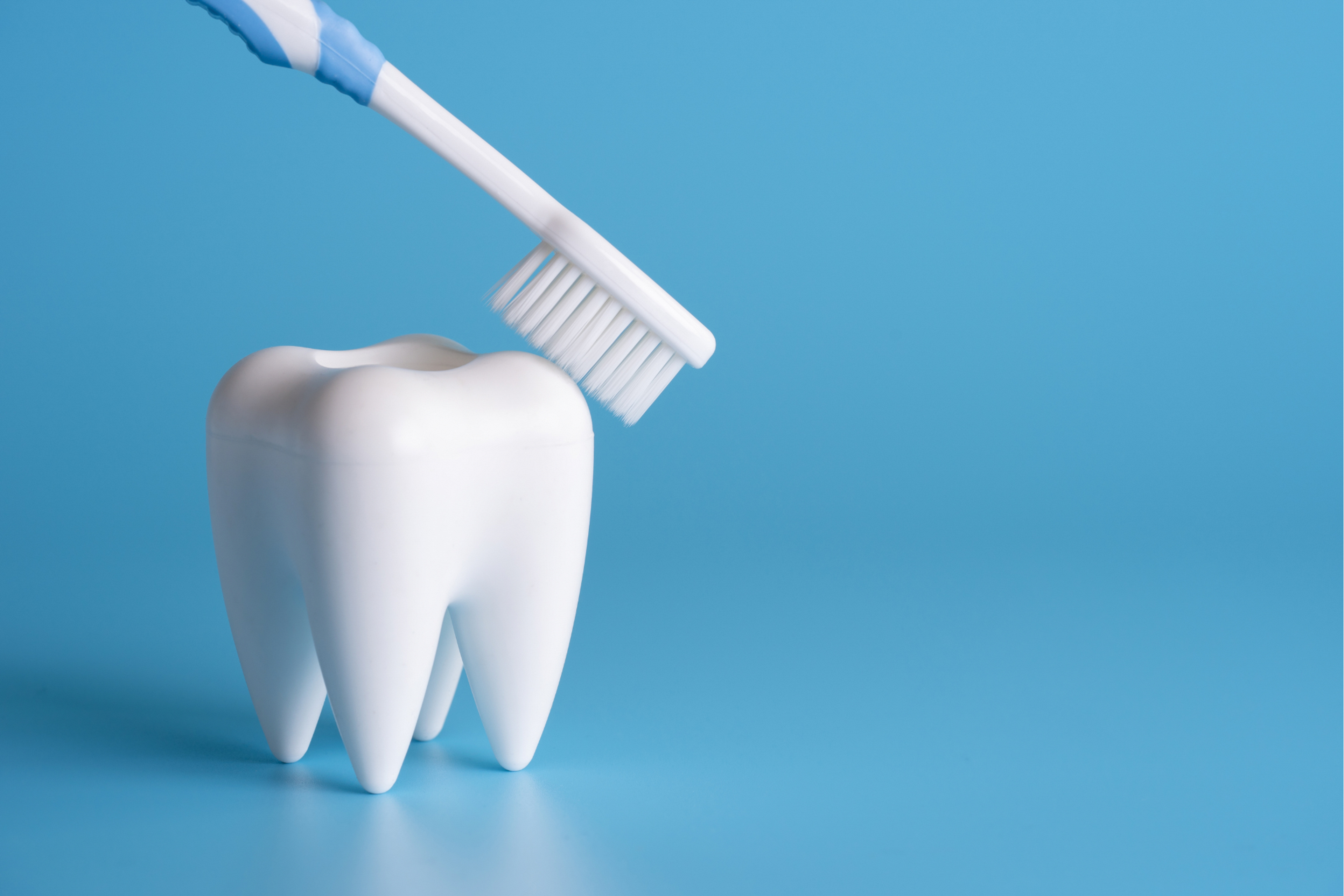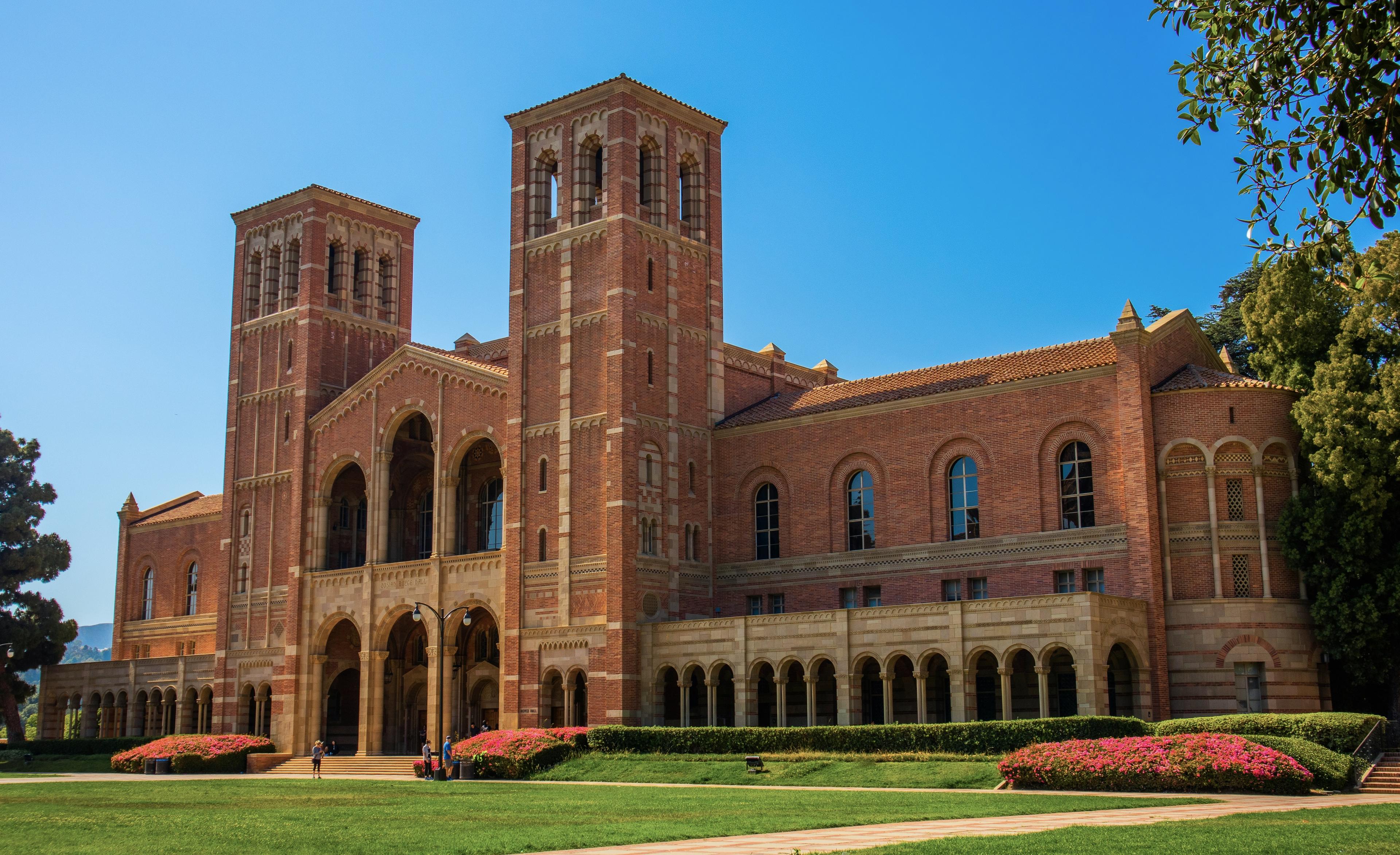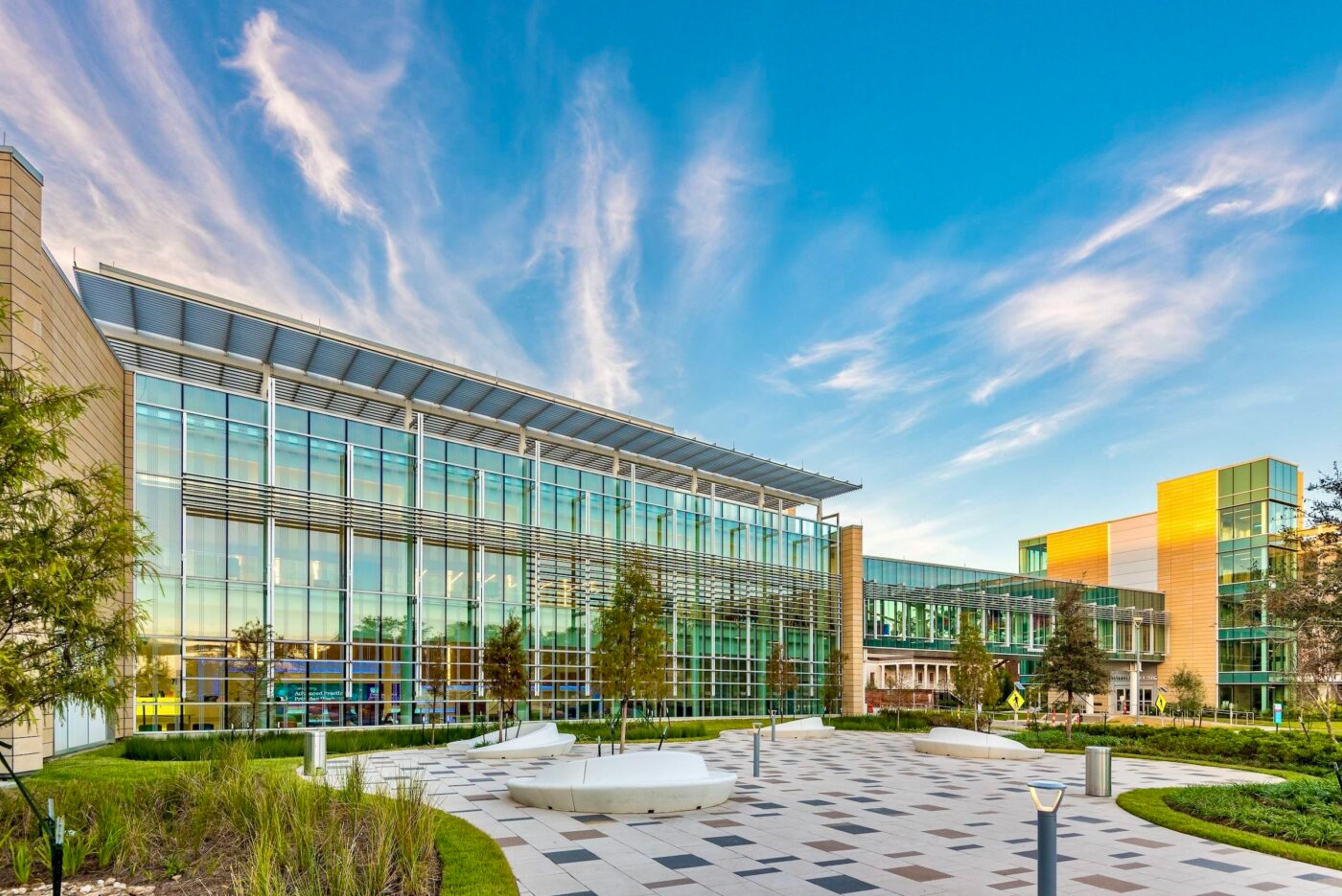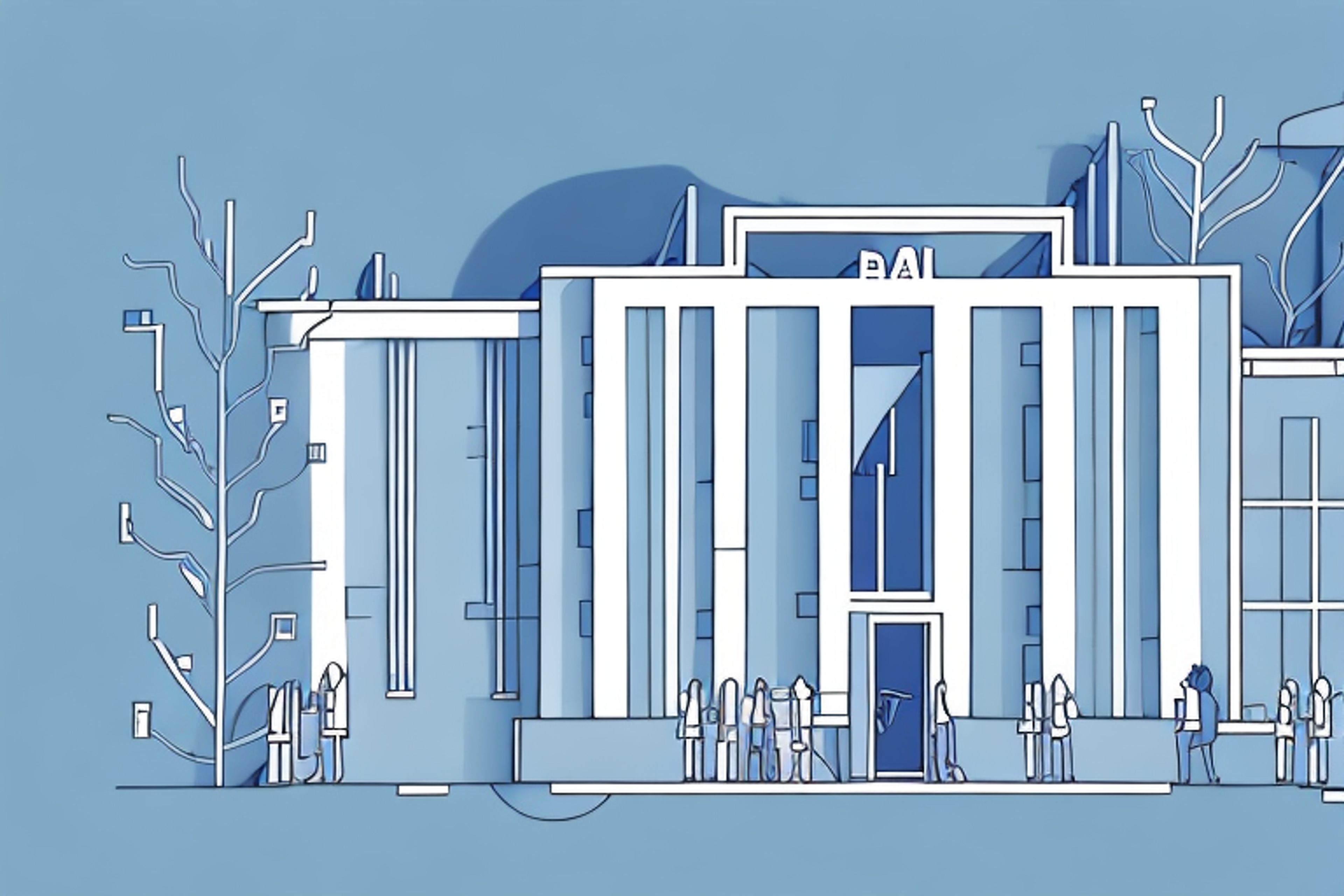Unveiling Princeton Medical School: Programs, Admissions, and Insights
Discover everything you need to know about Princeton Medical School, from its diverse range of programs to its rigorous admissions process.
Posted April 10, 2025

Table of Contents
Free Event

Featuring Jaspreet K.
Ask Me Anything: Medical School Applications
Starting Friday, April 25
12:00 AM UTC · 30 minutes

Featuring Jaspreet K.
Princeton Medical School holds the reputation of being one of the most prestigious medical schools in the United States. It has a rich history of excellence in medical education and research, leading to the establishment of a wide range of academic programs and career opportunities for medical students. This article aims to provide insight into the unique academic programs available at Princeton Medical School, the admissions process, and insider information on what it takes to succeed at this top ranked institution.
A Brief History of Princeton Medical School
Princeton Medical School has been training medical professionals since its inception in 1765. It began as a small medical college housed within the University of Pennsylvania. However, in 1812, the medical school moved to Princeton, New Jersey and officially became known as Princeton Medical School. Since then, Princeton Medical School has been a leading force in medical education and research.
Throughout its history, Princeton Medical School has been at the forefront of medical innovation. In the early 20th century, the school was instrumental in the development of the first effective treatments for syphilis and tuberculosis. In the 21st century, Princeton Medical School continues to be a leader in medical research, with a particular focus on cancer and genetic disorders.
Princeton Medical School is also known for its commitment to community service. The school's students and faculty regularly participate in medical missions to underserved areas around the world, providing much-needed healthcare to those in need. Additionally, the school has a strong partnership with local hospitals and clinics, providing valuable resources and expertise to the surrounding community.
Programs Offered at Princeton Medical School
Princeton Medical School offers a diverse range of academic programs to cater to the unique interests and needs of each individual student. These programs include a traditional four-year medical degree program, a joint Medical Scientist Training Program (MSTP), a Physician Assistant Program, and a Master’s program in Biomedical Sciences.
The traditional four-year medical degree program is designed to provide students with a comprehensive education in medicine. Students receive hands-on experience and participate in clinical rotations, providing the necessary skills and knowledge required to become successful physicians.
The MSTP program combines medical and graduate-level research training to create physician-scientists who can bridge the gap between biomedical research and patient care. This rigorous program provides students with the opportunity to earn both an MD and PhD degree.
The Physician Assistant Program prepares students to become professional healthcare providers who work collaboratively with physicians and other healthcare professionals to deliver high-quality patient care.
The Master’s program in Biomedical Sciences is intended for students who have completed undergraduate degrees in the biological sciences and wish to enhance their research and technical skills before applying to medical school or other health related professional programs.
In addition to these programs, Princeton Medical School also offers a Global Health Program, which provides students with the opportunity to gain hands-on experience in global health issues through international fieldwork and research. This program aims to prepare students to become leaders in addressing global health challenges and promoting health equity worldwide.
Requirements for Admission into Princeton Medical School
Princeton Medical School has strict admission requirements to ensure that only the best and brightest students are accepted into their programs. Each applicant must meet the following criteria:
- Completion of a bachelor’s degree from an accredited college or university
- Completion of specific prerequisite courses in the sciences and mathematics
- Completion of the Medical College Admission Test (MCAT)
- A minimum of two letters of recommendation from individuals who are familiar with the applicant’s academic and/or professional achievements
- A personal statement demonstrating the applicant’s interest in medicine and how Princeton Medical School can help them achieve their career goals
In addition to the above requirements, Princeton Medical School also values applicants who have demonstrated leadership skills and a commitment to community service. Applicants who have volunteered in healthcare settings or participated in medical research projects are highly regarded.
Furthermore, Princeton Medical School seeks to create a diverse student body, and encourages applications from individuals from underrepresented minority groups, individuals from low-income backgrounds, and individuals who have overcome significant obstacles in their academic or personal lives.
An Overview of the Admissions Process at Princeton Medical School
The admissions process at Princeton Medical School is competitive and highly selective. Applicants are evaluated based on their academic performance, extracurricular activities, letters of recommendation, personal statement, and MCAT scores. Successful applicants will then be invited to participate in an interview with members of the Admissions Committee. The interview process is designed to assess the applicant’s interpersonal skills, motivation, and potential to succeed in the medical field at Princeton Medical School.
It is important to note that Princeton Medical School values diversity and encourages applicants from a variety of backgrounds to apply. The school also offers a holistic review process, taking into consideration an applicant’s unique experiences and challenges they may have faced. Additionally, the school offers various resources and support systems for students, including academic advising, career counseling, and mental health services.
The Importance of Extracurricular Activities in the Admissions Process
Extracurricular activities play a critical role in the admissions process at Princeton Medical School. Admissions committees are interested in applicants who have demonstrated a commitment to service, leadership, and community involvement. These experiences not only show character and drive, but also demonstrate the applicant’s ability to balance multiple responsibilities.
Furthermore, extracurricular activities can also provide valuable skills and experiences that are directly applicable to the medical field. For example, volunteering at a hospital or clinic can give applicants hands-on experience working with patients and healthcare professionals. Participating in a research project can develop critical thinking and problem-solving skills that are essential in the medical field. Admissions committees recognize the value of these experiences and often look for applicants who have taken advantage of these opportunities.
Financing Your Education at Princeton Medical School
Princeton Medical School is committed to ensuring that all students have access to financial aid resources to assist with the tuition and living expenses. The school offers a variety of merit-based scholarships, grants, and loans to help offset the cost of attendance. Additionally, students are encouraged to seek external funding sources such as private scholarships and charitable organizations.
One of the unique features of the financial aid program at Princeton Medical School is the availability of work-study opportunities. These programs allow students to earn money while gaining valuable experience in their field of study. Students can work on campus or in affiliated hospitals and clinics, and the income earned can be used to cover educational expenses.
Princeton Medical School also offers financial counseling services to help students navigate the complex world of student loans and repayment options. The school's financial aid office provides one-on-one counseling sessions to help students understand their options and make informed decisions about their financial future. This service is available to all students, regardless of their financial need or eligibility for aid.
The Benefits of Attending a Top-Ranked Medical School like Princeton
Attending a top-ranked medical school like Princeton can provide students with numerous benefits, including access to world-renowned faculty, state-of-the-art research facilities, and extensive clinical experiences. Graduates of Princeton Medical School are highly sought-after by employers and often receive top salaries.
Another benefit of attending a top-ranked medical school like Princeton is the opportunity to network with other high-achieving students and professionals in the medical field. This can lead to valuable connections and collaborations throughout a student's career.
In addition, Princeton Medical School offers a diverse range of specializations and research opportunities, allowing students to explore their interests and gain expertise in a specific area of medicine. This can lead to a more fulfilling and successful career in the medical field.
Life as a Student at Princeton Medical School
Life as a student at Princeton Medical School can be challenging, but also incredibly rewarding. The school is known for its rigorous curriculum and high standards, which prepare students for successful careers in medicine. Students have access to a variety of resources, including dedicated faculty, peer support networks, and mental health services, to help them navigate the demands of medical school.
Hands-On Learning Opportunities at Princeton Medical School
Princeton Medical School provides students with numerous hands-on learning opportunities to help them gain practical experience in their field. These opportunities include clinical rotations, research internships, and community service projects. These experiences allow students to apply classroom knowledge to real-world situations and hone their skills as healthcare professionals.
Faculty and Research Opportunities at Princeton Medical School
Princeton Medical School boasts world-renowned faculty members who are leaders in their respective fields. These professors are actively engaged in research projects, providing students with unique opportunities to participate in cutting-edge medical research. The school also has state-of-the-art research facilities and laboratories that allow students to conduct research on critical health issues.
Career Opportunities for Graduates of Princeton Medical School
Graduates of Princeton Medical School are highly sought-after by employers in the medical field. They have the necessary skills and knowledge required to excel in a variety of healthcare professions, including primary care, research, academia, and more. Additionally, Princeton Medical School has a robust alumni network that provides graduates with numerous career opportunities and resources.
Alumni Success Stories from Princeton Medical School
Princeton Medical School has produced numerous successful healthcare professionals who have gone on to make significant contributions to their respective fields. Alumni include renowned physicians, researchers, and healthcare administrators who have made an impact on patient care worldwide.
How to Prepare for Your Interview with Princeton Medical School Admissions Committee
Preparing for an interview with the Princeton Medical School Admissions Committee can be nerve-wracking, but with adequate preparation, you can confidently articulate your qualifications and motivations for attending the school. It is essential to research the school thoroughly, including its academic programs, research opportunities, and faculty members. Additionally, practicing common interview questions with friends or family can help you feel more comfortable and confident during the actual interview process.
Tips for Navigating the Competitive Environment at Princeton Medical School
Princeton Medical School is renowned for its rigorous curriculum and high standards, which attract the best and brightest medical students. Navigating the competitive environment can be challenging, but with focus and dedication, you can find success at this top-ranked institution. It’s important to stay organized, prioritize self-care, and seek support from faculty and peers.
In conclusion, Princeton Medical School offers an array of academic programs, resources, and opportunities for students interested in pursuing careers in medicine. With a fierce commitment to academic excellence and a supportive community, Princeton Medical School prepares graduates for successful careers in the medical field and beyond. So, if you’re seeking a top-notch medical education, Princeton Medical School may be the right fit for you.
